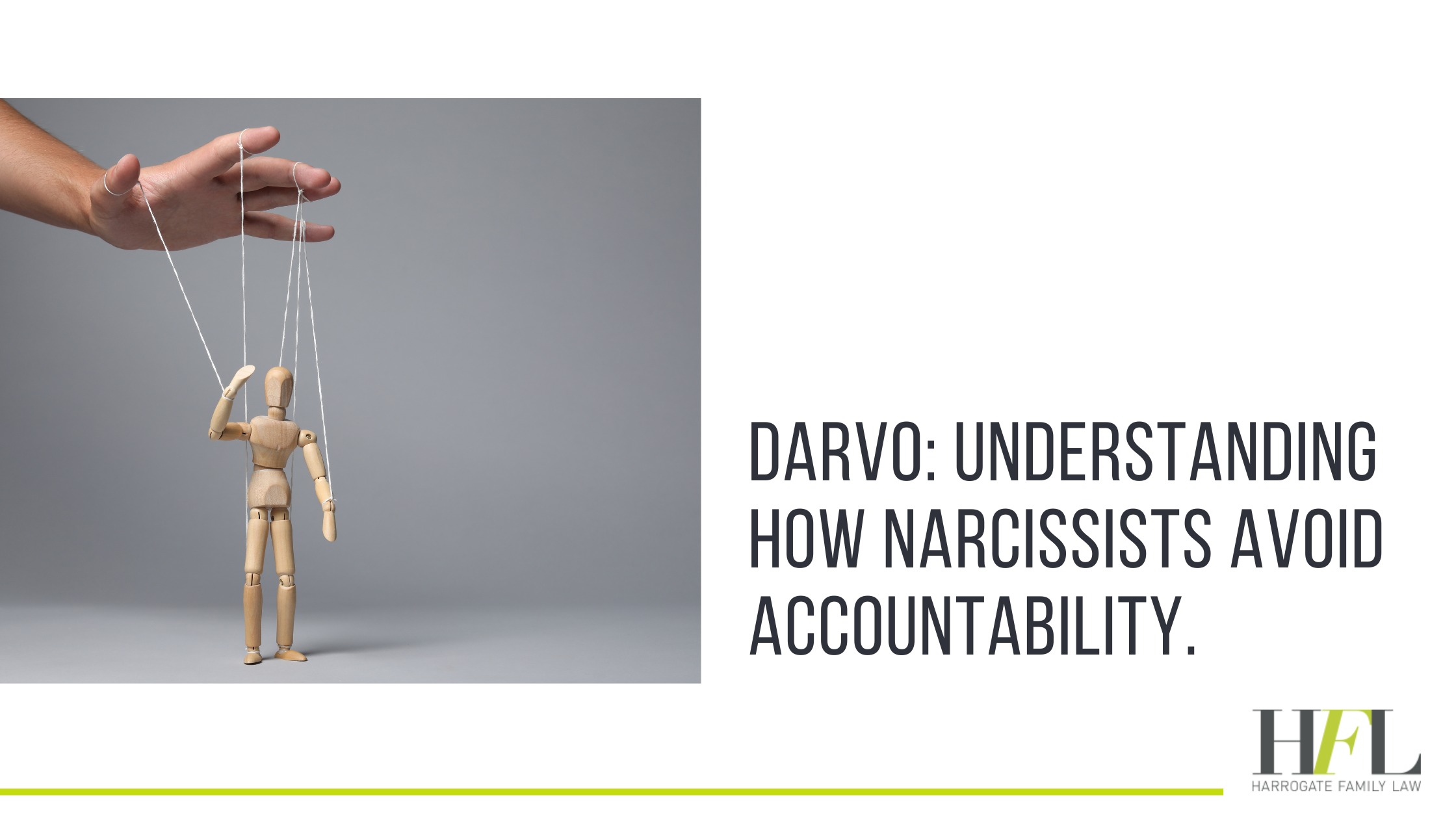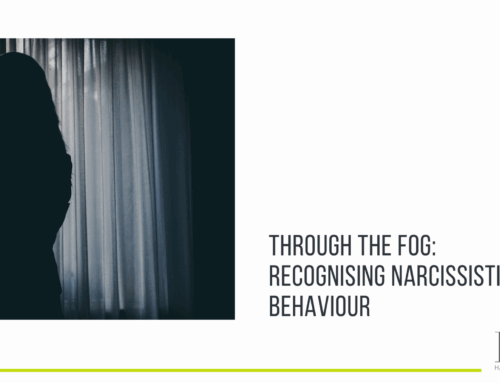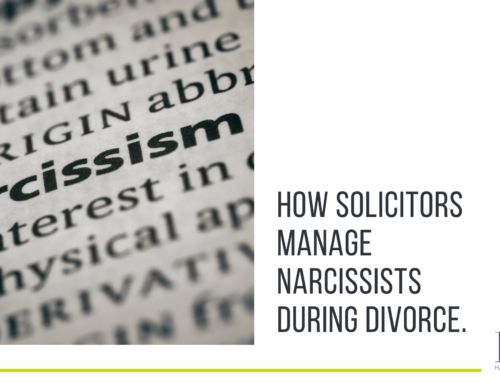Throughout my career, I’ve always been clear that being a solicitor is about more than providing expert legal advice to clients. Of course, this is a massive part of what we do as legal practitioners as clients navigate their separation or divorce.
But the job has never stopped there.
Solicitors must also understand what their clients are going through in order to be reliable, empathetic, and knowledgeable. This means that if we’re going to provide exceptional client care, we must stay informed about current affairs and updates to the law and engage in continuous training and development in the areas that matter most to clients.
We’re no strangers to training and development here at Harrogate Family Law. I work with a team specialising in everything from high-net-worth and financially complex cases to those involving domestic abuse and narcissism—there’s a wide variety of skills.
In the know with Harrogate Family Law
Most recently, I’ve been working with a member of the team at New Beginnings, a Harrogate-based charity supporting anybody who is leaving an abusive relationship. What I learned was invaluable.
In this week’s blog, I wanted to put the spotlight on a concept known as ‘DARVO’, a defensive mechanism used by manipulators and the perpetrators of abuse against their victims, the professionals who are working with them (solicitors included), and anyone who has the potential to disrupt their narrative.
What is DARVO?
An insidious blend of manipulation and gaslighting, DARVO stands for ‘Deny, Attack, Reverse Victim and Offender’. Used by individuals when they wish to evade taking accountability for their actions, it involves a perpetrator of abuse and manipulation, turning themselves into the victim and the real victim into the offender, through several calculated steps.
Deny
Here, when challenged, the perpetrator of the abusive behaviour steadfastly refuses to acknowledge their harmful behaviour. But this stage goes further than that, with the perpetrator assuming the victim role, a person wrongly accused of something they didn’t do.
Attack
Here, the perpetrator launches a calculated attack on whoever has confronted them about their behaviour. This is designed to preserve their carefully crafted self-image, shift the blame away from themselves, and distort every single fact about the current situation.
At the same time as minimising their behaviour, perpetrators at this stage often attempt to destroy their victim’s character in whatever way they can.
Reverse victim and offender
The final piece of the perpetrator’s puzzle is to ensure that their version of events is cemented in broader social circles and situations. Here, the real victim is seen as the perpetrator and is made the scapegoat. If successful, the actual victim is seen as the true perpetrator and treated unfairly and cruelly as a result.
Who is at risk of DARVO?
Ultimately, DARVO is rooted in the need for power. Those in relationships with a narcissist, victims of domestic abuse and sexual violence, and coercive and controlling behaviour are all at risk.
For those seeking to leave a marriage or relationship featuring any of the above, DARVO may well be more than familiar as a tactic since perpetrators don’t respond well to having their behaviour challenged.
What can we learn from DARVO?
It is crucial for victims, their legal representatives, and any other professionals working with them to be aware of this type of negative behaviour.
Separation or divorce is never easy to go through, and for the victims of any kind of emotional abuse, getting the support they need to increase their confidence and empowerment is vital. As solicitors, this awareness is likely to pay dividends when securing the right outcome for clients and helping them feel safe when building a new future.
Laura Mounsey is a partner at Harrogate Family Law and has expertise in all areas of family law, including narcissist divorce. To find out more about how she can help with your divorce or separation or to learn more about the team, please just get in touch. Put an expert legal team in your corner.






